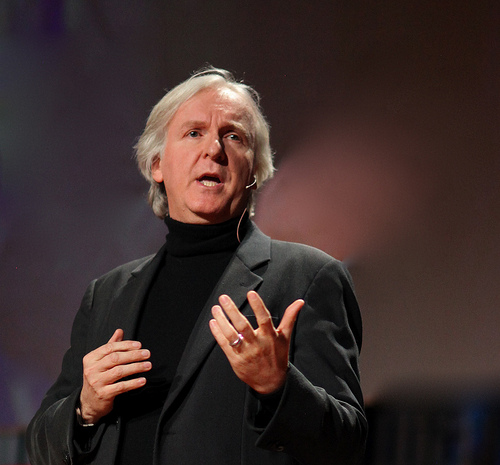 Our friends at Slate have launched a new project that’s collecting practical suggestions for living a more energy-efficient life. Check out the ideas offered so far, vote on your favorites, and submit your own.
Our friends at Slate have launched a new project that’s collecting practical suggestions for living a more energy-efficient life. Check out the ideas offered so far, vote on your favorites, and submit your own.
A panel of judges, including yours truly, will help choose the top ideas.
If you’re in the D.C. area, join Slate (and me) at live event on March 10:
A conversation about personal energy efficiency: What are the most useful ideas? And what are the best ways to persuade Americans to adopt them?
Wednesday, March 10, 2010
House of Sweden, 2900 K St. NW, Washington, D.C.
5:30 p.m., followed by cocktails.Come prepared to participate! After the experts speak, we’ll divide into groups and generate ideas about improving personal energy efficiency, ideas that will be published and publicized on Slate.
Please RSVP by email to HiveRSVP@slate.com
Speakers include:
- Daniel Gross, the business columnist for Slate and Newsweek. His project, The Efficient Life, is searching for the best ways Americans can save money by using less energy
- David Katz, the special assistant to the secretary at the U.S. Department of Energy, coordinating the department’s energy-efficiency efforts
- Rebecca Craft, director of energy efficiency at Consolidated Edison Company of New York, Inc.
- Lane Burt, manager of building energy policy for the Natural Resources Defense Council [and a Grist blogger]
- Lisa Hymas, senior editor and cofounder of Grist.org
Daniel Gross, who’s kicking off the project by looking at the energy usage in his own home, says reader suggestions could address one of these four areas–or maybe another area he’s never even thought of.
- Personal behavior. What can I do-in a non-obsessive way-that will best reduce my energy use without ruining my life? (You could, for example, suggest that I turn the heat off entirely, but that’s not realistic.) How much can be gained just by making marginal-not radical-changes?
- Software. I’d like to outsource as much energy saving as possible to smarter technology. For example, you could tell me the absolute best, easiest way to program a thermostat.
- Hardware. What capital investments should I make that will save me the most energy and money? (A particularly interesting related question: What is the best way to take advantage of tax credits to defray that spending?)
- Information. What information should my utility company (or others) be sharing with me that will spur me to use less energy?
Here’s Gross with more info about the project:




